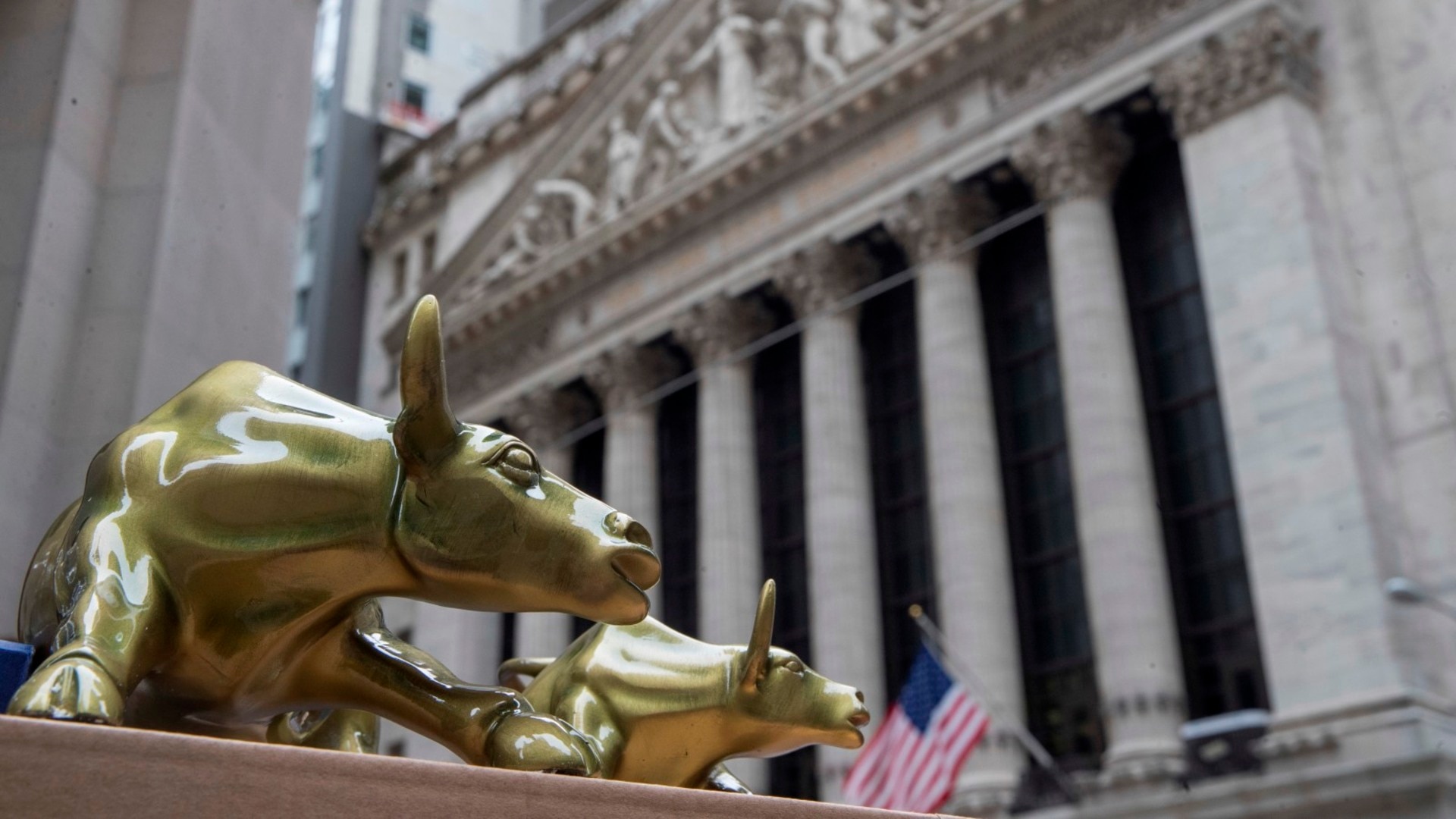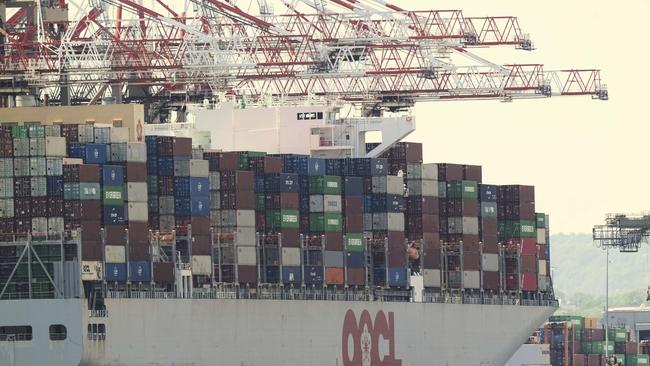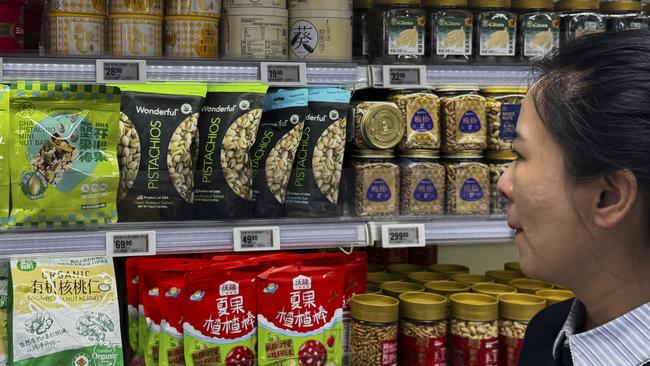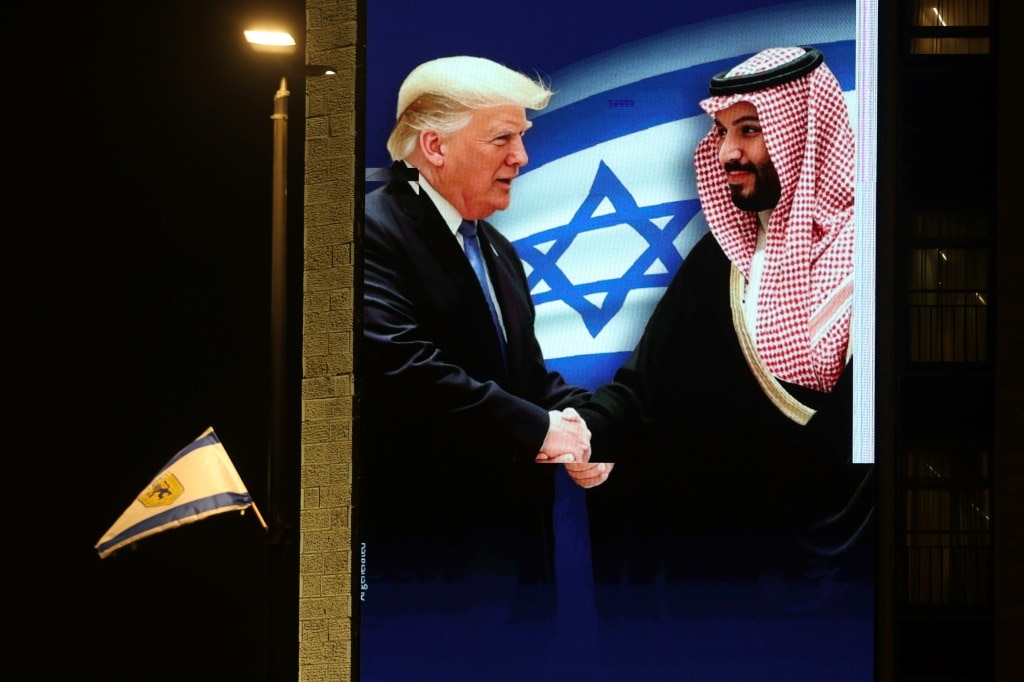Tariff truce: what the US-China move means for your investments
A trade war truce between the US and China shows common sense is back, but the relief for investors and super fund members may be temporary.

Business
Don't miss out on the headlines from Business. Followed categories will be added to My News.
Everything seems rosy again in financial markets thanks to good news on the US-China tariff front, but warning bells should still be ringing in the minds of many investors.
While the bounce-back in shares has been breathtaking, the trade war truce between the world’s two largest economies remains only temporary, global geopolitical worries continue, and the Trump administration remains as unpredictable as ever.
Sharemarkets in Australia, the US and elsewhere have clawed back all of their heavy losses that started with Donald Trump’s April 2 “liberation day” tariffs and the ensuing tit-for-tat battle between the US and China.
The superpower brawl had escalated to 145 per cent tariffs on Chinese goods entering the US and 125 per cent tariffs on US goods entering China, but commonsense returned and both have now been reduced by 115 per cent in a 90-day pause in hostilities.

Markets think the US-China deal struck in Switzerland means the worst of the tariffs are over, and buyers are flooding back into stocks that have suffered. In contrast, money flowed out of defensive Aussie stocks on Tuesday, with consumer staples companies such as Coles and Woolworths hit hard, and telecommunications, utilities and property trusts all weaker.
The Australian market’s rise was modest, and nowhere near the US gains where the S&P 500 index jumped 3.3 per cent and tech-heavy Nasdaq Composite index surged 4.4 per cent. Elon Musk’s Tesla, which does a lot of business with China, surged 6.75 per cent.
Australia’s market is back to where it was in early January, but many of the reasons for this year’s volatility remain: Donald Trump dramas, wars in Ukraine and the Middle East (and now fresh conflict between India and Pakistan), and stocks priced at very high valuations given the global uncertainty.
Investors and super fund members have ridden a rollercoaster so far in 2025, and trying to pick where markets will go next is impossible. The best bet for many will be to keep calm and stick with their long-term strategy.
Share traders will be bold and try to engineer wins out of this volatility, and good luck to them reading the minds of global leaders that seem to be constantly changing.
Analysts have welcomed the tariff truce but some tempered this with warnings.
IG market analyst Tony Sycamore said the tariff reductions reduced risks around growth, inflation and unemployment, but noted “before breaking out the streamers and party hats, it’s worth noting that a healthy dose of uncertainty, a headwind to all stock markets, remains”. The tariff pauses on China and elsewhere all expire by August.
American Century Investments senior investment director Mike Rode said reduced tariff tension delivered the potential for US economic growth and reduced inflation risks. “However the emphasis is on the word ‘potential’ as negotiations are likely to take months and could include setbacks,” he said.
Moomoo Australia market analyst Jessica Amir said for now, the deal was “a green light for equities to continue rallying, already supported by company earnings and outlooks being far strong than expected”.

Pepperstone senior research strategist Michael Brown said the tariff roll-backs would “probably be in place for the foreseeable future, with both sides, though especially the US, having shown that they’re unable and/or unwilling to stomach the economic pain that such huge tariffs would inflict”.
BankWest Curtin Economics Centre research fellow Daniel Kiely said the reduced risk of a Chinese economic slowdown was positive for Australia’s economy. “But uncertainties remain, as the detail of any long-term arrangement remains to be worked out”.
Capital.com senior financial market analyst Kyle Rodda said the reductions were much larger than anyone expected.
“While the whole exercise of jacking up tariffs has proven absurd, pointless and economically damaging, the backflip from the Trump administration has limited the damage and reduced the risk materially of a lasting impact and recession,” he said.
More Coverage
Originally published as Tariff truce: what the US-China move means for your investments




